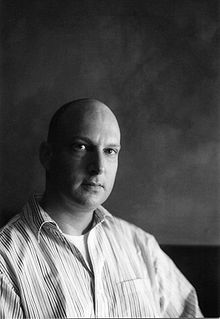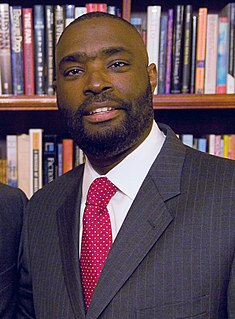A Quote by Ian Watson
I worked with Stanley Kubrick for almost a year back in 1990, trying to develop the screen story for his project 'Artificial Intelligence,' which is about a robot boy who wishes to become a real boy, a future scientific fairy tale inspired in the myth of Pinocchio.
Related Quotes
The fairy tale, which to this day is the first tutor of children because it was once the first tutor of mankind, secretly lives on in the story. The first true storyteller is, and will continue to be, the teller of fairy tales. Whenever good counsel was at a premium, the fairy tale had it, and where the need was greatest, its aid was nearest. This need was created by myth. The fairy tale tells us of the earliest arrangements that mankind made to shake off the nightmare which myth had placed upon its chest.
One of my heroes, G.K. Chesterton, said, "The old fairy tales endure forever. The old fairy tale makes the hero a normal human boy; it is his adventures that are startling; they startle him because he is normal." Discovering that the modern world can still contain the wonder and strangeness of a fairy tale is part of what my novels are about.
I remember hearing a good story about Jack Nicholson working with Stanley Kubrick on The Shining [1980]. Nicholson was saying that, as an actor, you always want to try to make things real. And believable. When he was working with Kubrick, he finished a take and said, "I feel like that was real." And Kubrick said, "Yes, it's real, but it's not interesting".
'The Marriage of Souls', like 'The Rationalist', is an exploration of humanist philosophy wrapped between the delicate leaves of an eighteenth-century tale. The story of the two novels - and they should be read as a two-volume work - centres around the old war-horse of boy meets girl, boy loses girl, boy finds girl. But what a boy and what a girl.
Victor Vigny: It is like the old fairy tale. The boy saves the princess; they fall in love. He invents a flying machine - along with his dashing teacher, of course. They get married and name thier firstborn after the aforementioned dashing teacher. Conor: I don't recall that fairy tale from the nursery. Victor Vigny: Trust me, It's a classic.
In addition, help your children learn self-discipline by such activities as learning to play a musical instrument or other demanding skill. I am reminded of the story of the salesman who came to a house one hot summer day. Through the screen door he could see a young boy practicing his scales on the piano. His baseball glove and hat were by the side of the piano bench. He said, "Say, boy, is your mother home?" To which the boy replied, "What do you think?" Thank heavens for conscientious parents!
This is my favorite part. It starts and ends here. The pebbles shine, the plan worked, Hansel Triumphant. Lesson number one: be sneaky and have a plan. But the stupid boy goes back, makes the rest of the story postscript and aftermath. He shouldn’t have gone back. And this is the second lesson I took from the story: when someone is trying to ditch you, kill you, never go back.
If your subject is crime, then you know at least that you're going to have a real story. If your subject is the maturing of a college boy, you may never stumble across a story while you're telling that. But if your story is a college boy dead in his dorm room, you know there's a story in there, someplace.
It was love, she thought, love that never clutch its object; but, like the love which mathematicians bear their symbols, or poets their phrases, was meant to be spread over the world and become part of human gain. The world by all means should have shared it, could Mr Bankes have said why that woman pleased him so; why the sight of her reading a fairy tale to her boy had upon him precisely the same effect as the solution of a scientific problem.
Who will cry for the little boy, lost and all alone?
Who will cry for the little boy, abandoned without his own?
Who will cry for the little boy? He cried himself to sleep.
Who will cry for the little boy? He never had for keeps.
Who will cry for the little boy? He walked the burning sand.
Who will cry for the little boy? The boy inside the man.
Who will cry for the little boy? Who knows well hurt and pain.
Who will cry for the little boy? He died and died again.
Who will cry for the little boy? A good boy he tried to be.
Who will cry for the little boy, who cries inside of me?






































